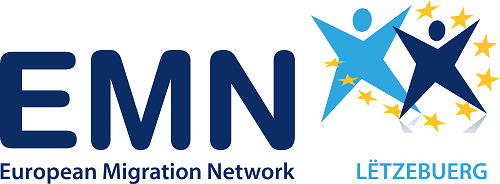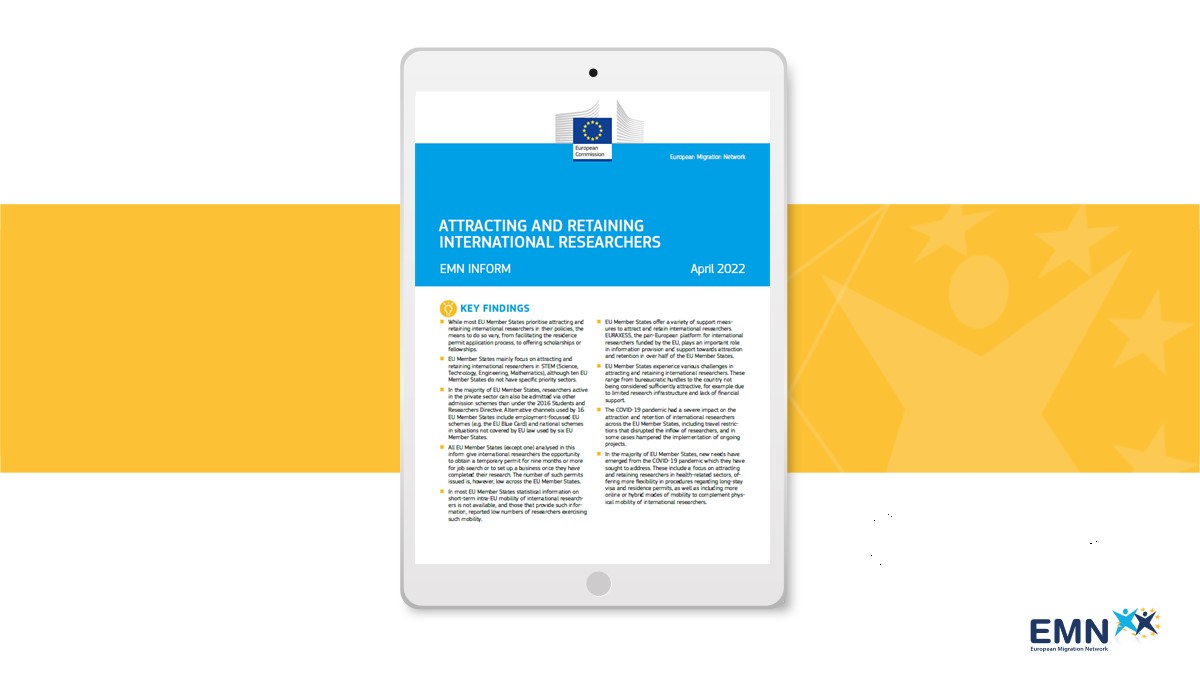In most Member States,[1] once an individual has been granted legal status to remain on the territory, they have the same access to mental health services as national and resident EU citizens. However, access to services often presents several challenges for both migrants and Member States. For migrants, these range from practical issues such as language barriers, lack of information, difficulties in accessing mainstreamed services, high costs, and long waiting lists, to social and cultural issues including stigma, taboo, lack of awareness, lack of trust, and socioeconomic disadvantages.[2] From the Member States’ perspective, challenges include language and cultural differences between migrants and practitioners and a lack of financial and human resources or specific expertise to support migrants.[3]
To overcome these barriers, Member State priorities include developing national policies and strategies for promoting migrants’ social integration, clarifying and sharing information on entitlements to care, and ensuring that the mental health workforce is trained to work with migrants. The main authorities involved in providing mental health services typically are national, regional and local authorities, followed by NGOs and the private sector.
Research indicates that migrants, particularly those who were forced to flee their country of origin, may be at higher risk of developing mental health conditions. This may be due to exposure to stressors before, during and after the migration process. Early interventions and support can target and minimise those risks.[4],[5] Further challenges affect specific groups or categories of migrants including women, children, victims of gender-based violence and victims of trauma.
To address the identified challenges, 21 Member States provided examples of measures that improved access to mental healthcare for migrants[6] including to facilitate affordable and non-discriminatory access to services or reduce communication barriers. 16 Member States identified measures that they considered effective in improving the provision of mental health services for migrants, which broadly focused on training professionals, providing specialised services and ensuring migrants’ access to mental health services through universal access to healthcare.[7]
French translation of the Inform was kindly provided by EMN France.
[1] BE, BG, CY, CZ, DE, EE, ES, FI, FR, HR, HU, IT, LT, LU, MT, NL, SE, SI.
[2] AT, BE, CZ, DE, EE, EL, FI, FR, HR, HU, IE, IT, LT, LU, MT, NL, SI, SK.
[3] AT, BE, CZ, EE, EL, FI, FR, HR, HU, IE, LT, LU, LV, MT, NL, SE, SI, SK.
[4] European Union Agency for Asylum (EASO), ‘Mental health of applicants for international protection in Europe’, 2020, https://euaa.europa.eu/sites/default/files/EASO-Mapping- Report-Mental-Health-EN.pdf
[5] EASO, ‘Consultations with applicants for international protection on mental health’ https://euaa.europa.eu/sites/default/files/publications/Consultations_with_Applicants_ for_International_Protection_on_Mental_Health.pdf
[6] AT, BE, CZ, DE, EE, EL, ES, FI, FR, HR, IE, IT, LT, LU, LV, MT, NL, PL, SE, SI, SK.
[7] AT, BE, CY, EL, ES, FR, HR, IE, IT, LT, LU, LV, MT, NL, PL, SI.

